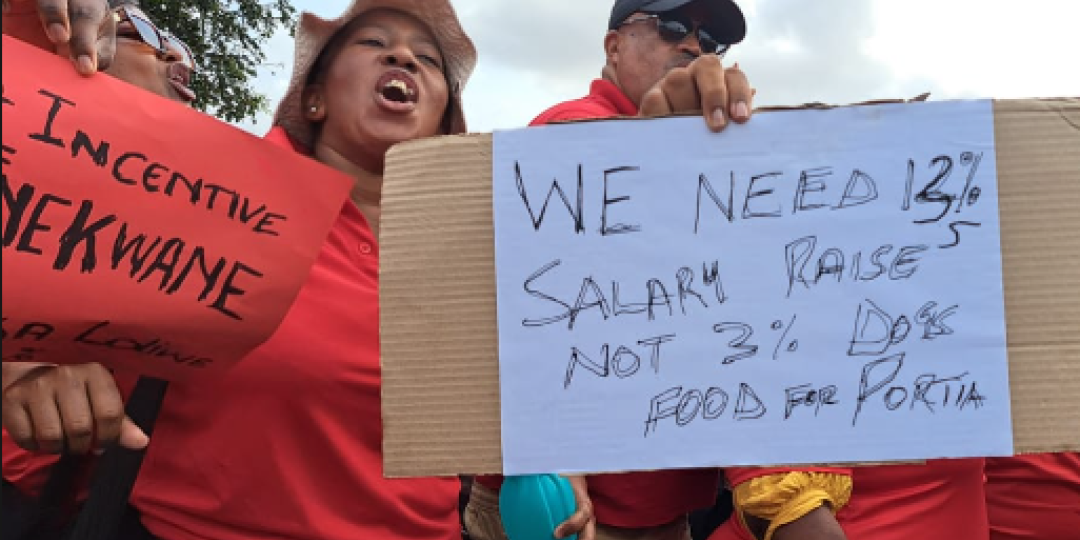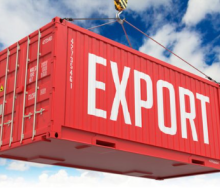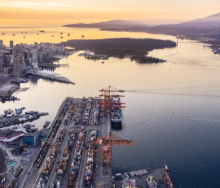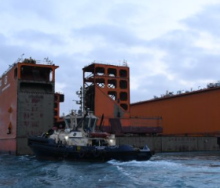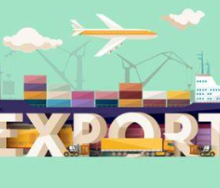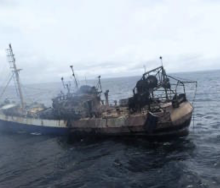South Africa’s import and export logistics chain has ground to a halt and businesses are facing closure due to the ongoing Transnet strike that has brought the country’s ports to a standstill over the past week.
Road Freight Association CEO Gavin Kelly said the country’s ports had become “ghost towns” since thousands of port and rail workers downed tools over a wage dispute on October 6.
“Right now, apart from a trickle of goods through some private terminals, the once bustling, vibrant ports of South Africa are silent. Ghost towns. Shadows of their former glory when they supplied South Africa, and most of sub-Saharan Africa, with goods of all sorts,” Kelly said.
“The disagreement between employer and employees has seen the ports cease to operate - most reports are that there is very little to nothing happening as the strike intensifies and resolve of the workers deepens and hardens. Goods languish in port, on docked ships, in ships lying off the coast, in various manufacturing, processing and origination plants across the country. Import and export logistics has virtually ground to a halt.”
Businesses that need time-sensitive goods are facing losses due to penalties, refusals and degradation of products.
“Some businesses will not recover from this. Others will simply choose a different country, other ports or other industries altogether. Along the route between producer and port (export or import), thousands of trucks stand idle. Unable to move. Stuck in a jam between trying to deliver or collect, trying to earn revenue and continue to employ, operate and run a sustainable business,” Kelly said.
Reports indicate that some trucks have already been standing idle for three to four days. Around 85% of all goods are transported via road.
“There are already thousands of trucks that have stood with cargo, like maize and other agricultural products, for at least two days with nowhere to go. No chance of export. No chance of returning to move the next load,” Kelly said.
“Many of the trucks are now caught in delays when returning to fetch the next load due for export/import. With all the price increases that have occurred – fuel, tyres, cost of financing and labour – many transporters need to ‘keep the wheels rolling’ to ensure a continuous income stream.”
However, he said that under the circumstances it was becoming “impossible” to ensure a steady stream of income and to keep fleets moving.
“Transporters have endured so many recent disasters, man-made or natural, over the past two years. Many of them will not be able to survive another prolonged break in revenue generation. The immediate effect of the Transnet strike on road freight transport will be that many of the smaller fleets (companies) will find they cannot use their assets (vehicles,) as they are caught up in delays,” Kelly said, adding that some transporters were calling it a day and closing down.
“The constantly increasing risks and costs of running a transport operation have become impossible for some to manage. Others are looking at moving either their business, or their port of choice, to neighbouring countries. We need to resolve this impasse at the ports as soon as possible, but more importantly, we need to ensure this does not continuously repeat itself,” he added.
